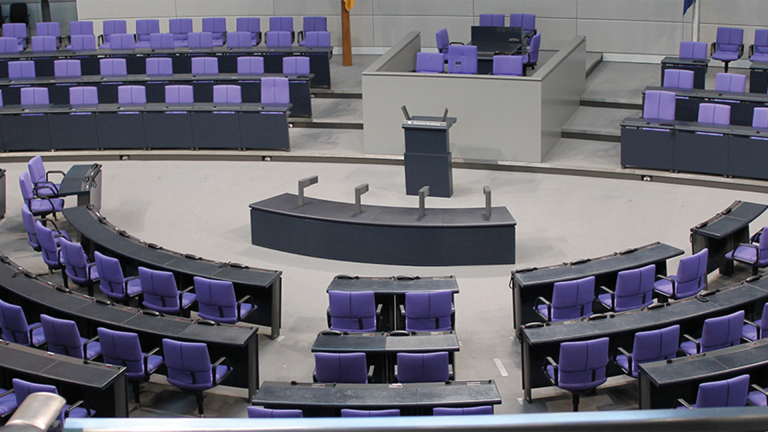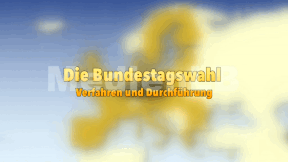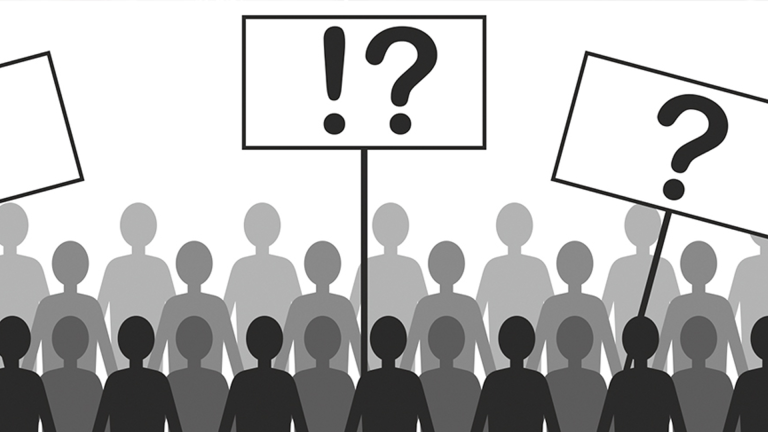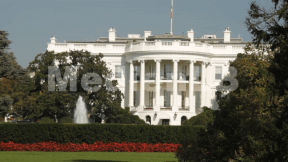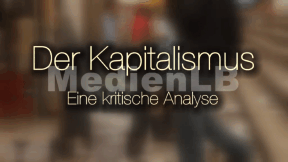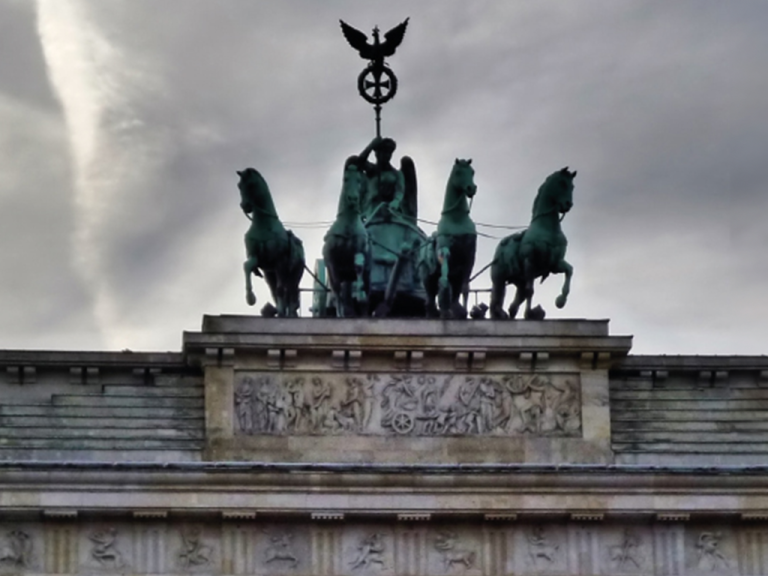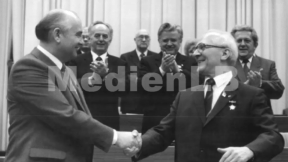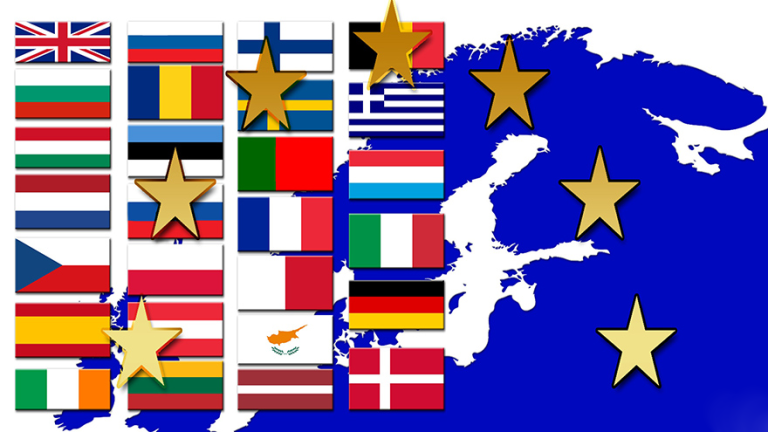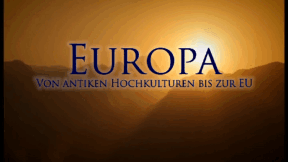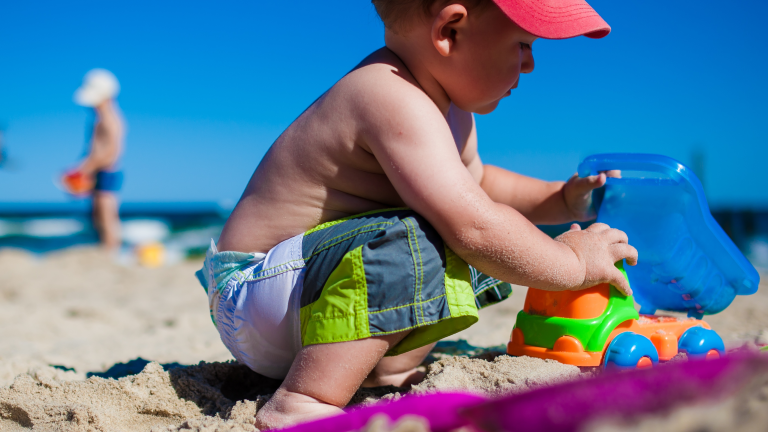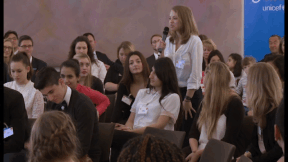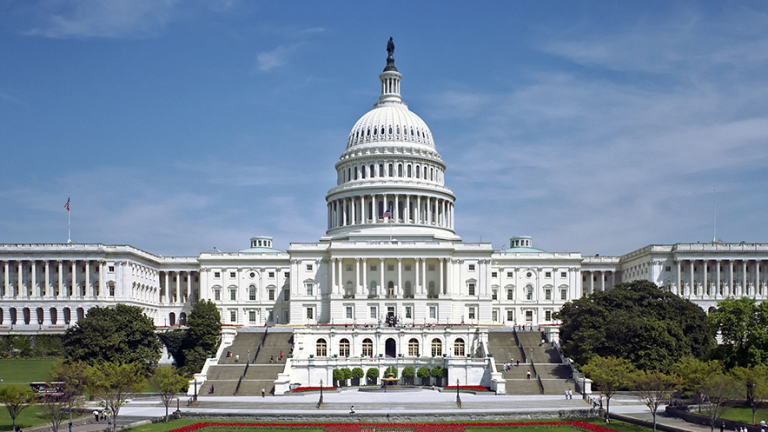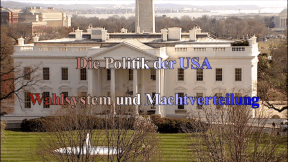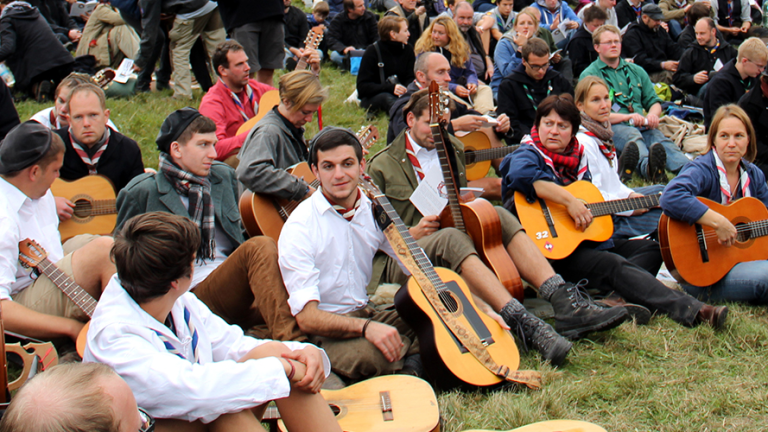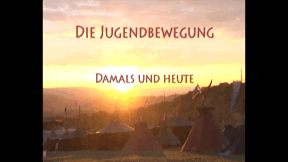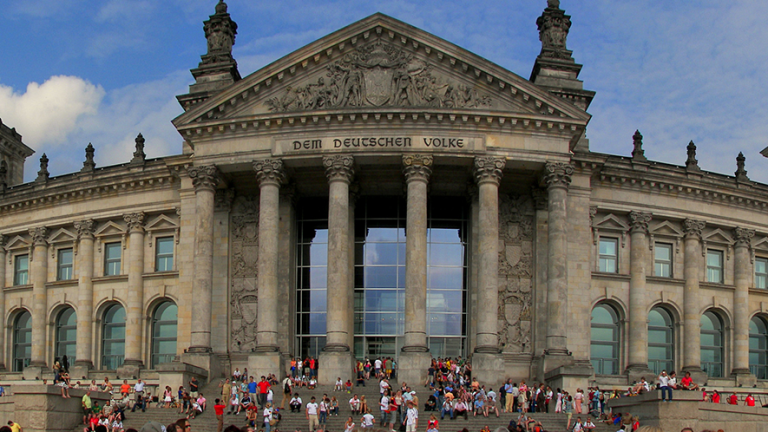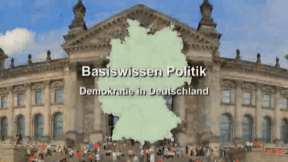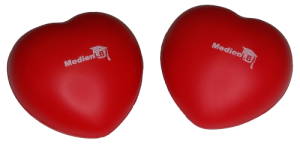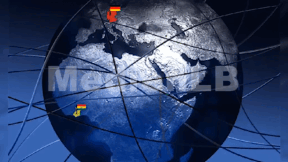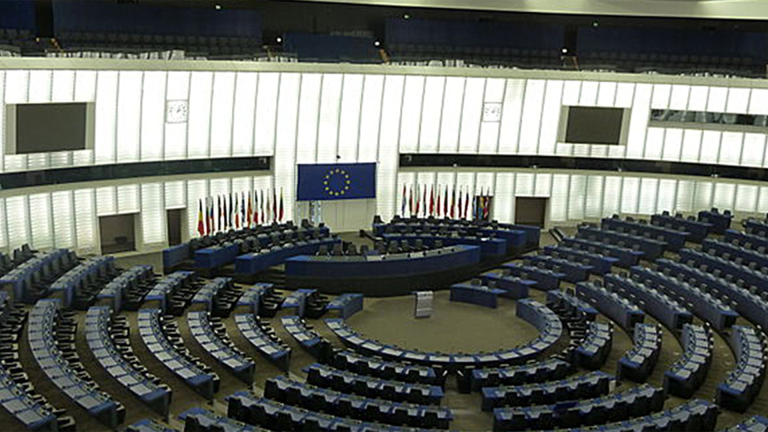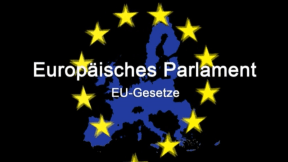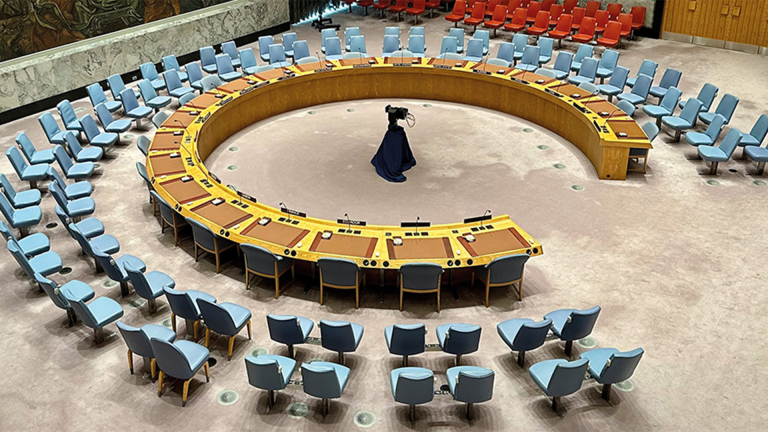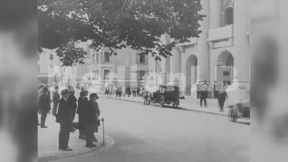Suche:
- # Artistry
- # Biology
- # Chemistry
- # Ecological
- # Economy
- # English
- # Foreign Language
- # Geography
- # German
- # Health
- # History
- # Informatik
- # Latin
- # Mathematics
- # Media Education
- # Music
- # Physics
- # Politics / Civics
- # Preschool
- # Primary School
- # Religion
- # Society
- # Sports
- # Technology
- # Training of Teachers
- # Vocational Education
Bundestag Elections
There is no democracy without regular elections. Elections are the citizen’s most important means of actively shaping the politics of his or her state and are one of the basic requirements of modern democracy apart from freedom of speech, of assembly, of association, and of the press.In Germany there are political elections in cities and communities, in the federal states to the Bundestag and to the European parliament. All of them have democratic election principles.
Learn moreElections
There is no democracy without regular elections. Elections are the citizen’s most important means of actively shaping the politics of his or her state. Democracy is based on the citizens’ recognition and support. Everyone has the possibility of political involvement.
Learn moreCapitalism
Capitalism is a global economic and social order, in which the means of production such as, for instance, buildings, farmland or technical facilities are in private ownership, and the control of economic activities is effected by the market.
Learn more25 Years of German Unity
After four decades of separation in the course of the East-West conflict, the unity of Germany was constitutionally restored on October 3, 1990. The Peaceful Revolution in the GDR and the willingness of the victorious powers of the Second World War enabled reunification. Special merits were earned by the then Chancellor Helmut Kohl as well as by the Soviet head of government Mikhail Gorbachev. Their negotiations were complicated but remained friendly – although the dissolution of its ally GDR signified a considerable loss of power for the Soviet Union at the time.
Learn moreEurope
According to many scientists, the beginnings of Europe go back to antiquity, and there specifically to the freedom and democracy of the Greeks. Others consider the foundations laid as late as in the Middle Ages. But the settlement of the area we call Europe today began far earlier. The key periods of our European history are to explain how Europe became what it is today.
Learn moreChildren’s Rights in Germany
25 years have passed since the Convention on the Rights of the Child was adopted unanimously by almost all countries of the world.
Learn morePolitics of the USA
The United States of America. The nation’s political power is centred around the Capitol in the capital Washington D.C. This block encompasses the most important government buildings. Under the dome of Congress, both parliaments of the federal government are housed.
Learn moreYouth Movement
Dancing until your feet hurt: Here, at the meeting on the Hoher Meissner near Kassel, 3,500 participants from Boy Scout associations, youth and Wandervogel groups from all over the German-speaking region have gathered. They want to celebrate, simply get to know each other and commemorate a historic anniversary.
Learn moreDemocracy in Germany
Constantly we come across politics in our daily lives, we just do not realise it all the time! Politics does not always take place in full public view but also starts in small settings already, for example at school. The political system in Germany is based on the principles of democracy. That means there are free elections in Germany, an independent parliament and a separation of powers that act independently of each other.
Learn moreGlobalisation
A visit to the weekly market. Here they lie peacefully side by side: pears and apples from local regions next to exotic fruits such as kiwi, lychee, papaya and mango. What was an exotic rarity not so long ago is meanwhile offered throughout the whole year. So today there is a wide range of products from all over the world. The reason for this variety of products is what has become widely known under the term of globalisation.
Learn moreThe European Parliament
The European Union is a union consisting of 27 European states. Currently its population comprises about 500 million inhabitants. 17 of these states have a common currency. Its aim is a pan-European area of freedom, security and justice. The European Parliament is elected every five years by the EU citizens and is thus the only directly elected body. The European Parliament shares its legislative function with the Council of the European Union, wherein the governments of the individual member states are represented, and the European Commission, which represents the interests of the EU as a whole. These three institutions together develop the political strategies and legislative provisions which are applied throughout the EU. The European Parliament ensures uniform pan-European regulations. Citizens profit from them for example for data protection, for mobile tariffs, for working and living in Europe and much more besides! Together with the extensive accompanying material the DVD is ideally suited for use in the classroom.
Learn moreUNO
The UNO (United Nations Organization), in German the United Nations, is an international association with headquarters in New York. Since its founding in October 1945, its members have worked to maintain peace and security, respect for human rights and sustainable development.
Learn more



